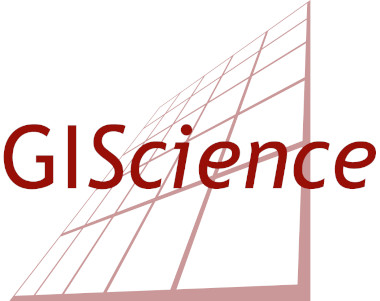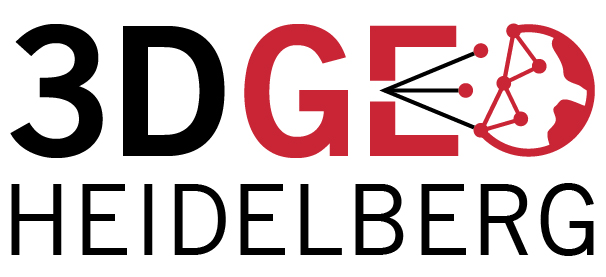
Special issue information:
The last decade has seen a rapid growth in open source geospatial software and data developments. Open geospatial data applies the principles of free and openness to geospatial information, allowing communities to collaborate on a data product. Applying the lessons learned in the open source industry to geo-data collection and maintenance has led to a new generation of data products. This is more than publishing information for free access. Open data provides a mechanism for participants to contribute back as equal partners in data collection and review. Nowadays, open data play a fundamental role especially that data science and Artificial Intelligence (AI) methods are becoming so pivotal in science development. Examples of successful open geo-data platforms include OpenStreetMap and Natural Earth, to name a few.
Open Education applies the principles of open source to the creation of teaching materials allowing organizations to share syllabus materials with the aims of reducing costs and reaching a wider audience. Promoting collaboration between involved parties is central to open education. As the Open Education Consortium says: “sharing is probably the most basic characteristic of education: education is sharing knowledge, insights and information with others, upon which new knowledge, skills, ideas and understanding can be built.”
Free and Open Source Geospatial Software addresses the design, implementation, characterization, and use of open tools for geospatial and environmental analysis, mapping, remote sensing, and spatial information science. Open standards are the key to developing sustainable software. Open standards promote interoperability between applications, organizations, and fields of endeavor. Open standards are key tools allowing geospatial practitioners to work together, with the added benefit of avoiding technology lock-in.
Finally, Open Science combines all these ideas by both sharing the data used to support a conclusion, alongside the code and/or the parameters used with an open source software for carrying out the analysis. This leads to the development of innovative concepts and standards based on free and open source software for scientific global inter-disciplinary research, as well as for education and business projects.
We invite original research contributions on all aspects of open source geospatial science, software, and education, as well as its applications. We particularly encourage submissions focusing on the following themes:
- Architectures and frameworks for open source software and data
- The use of open source geospatial software and data, in and for scientific research
- Open source implementations and Open SDI
- Human computer interfaces and usability in and around Open GI systems
- Use of Open Data and Big Data in research projects
- Open data and Artificial Intelligence (AI) in Geospatial Applications
- Open Geospatial Data quality
- Open Source Software quality
- Open Geospatial Standards
- Crowdsourced Geographic Information and Participatory GIS
- Teaching geospatial sciences with open source solutions and open data
- Open Source GIS application use cases: environment, climate change, health, energy, government, participatory GIS, location based services, etc.
Important Dates:
Abstracts Due: 15/02/2019 (by email to: a.mobasheri@uni-heidelberg.de)
Approved Abstracts: 01/03/2019 (put as planned papers online)
Manuscripts Due: 31/08/2019
Decision to Authors: 15/11/2019
Final Papers Due: 31/01/2020
Guest Editors:
Amin Mobasheri, GIScience research group, Heidelberg University, Germany (a.mobasheri@uni-heidelberg.de)
Helena Mitasova, Center for Geospatial Analytics, NC State University, USA
Markus Neteler, mundialis GmbH & Co. KG, Germany
Alex Singleton, Department of Geography and Planning, University of Liverpool, UK
Hugo Ledoux, 3D geoinformation, Delft University of Technology, the Netherlands
Maria Antonia Brovelli, GEOlab, Politecnico di Milano – DICA, Italy
You can also read the CfP in the journal website by clicking here.


